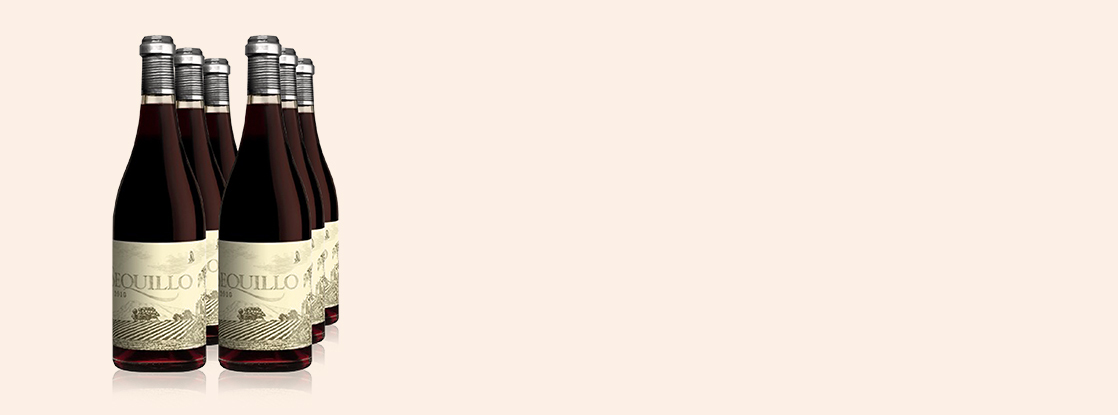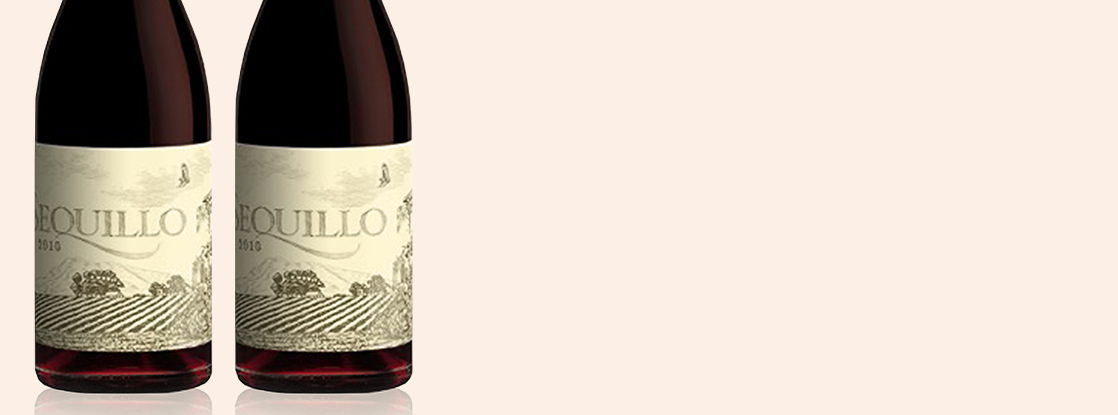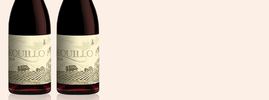

2010 Sequillo Red, The Sadie Family
Red • Coastal Region • Swartland • South Africa • Syrah, Mourvedre, Grenache, Carignan, Cinsault • 4,5/5 Platter's Wine Guide
This wine might become available again in limited quantities. Do you want to be informed when?
2010 Sequillo Red, The Sadie Family, Swartland, South Africa, Siebritskloof , Paardeberg, Malmesbury
Sequillo Cellars is committed to producing wines with a strong regional identity and joined the producers' organization, The Swartland Independent, as the logo on the capsules clearly illustrates.
This means they will work together with like-minded producers to raise awareness of the unique terroir of the Swartland region. This is done by working with varietals that give a true expression of the character of this region; and by implementing farming techniques that place high priority on conservation of the vines (also the old vines) and respect for the environment. These wines are also fermented naturally, they refrain from using additives and they avoid using new wood whenever they can – all of this because they believe in place above progress.
The vineyards have a soil of granite and gravel.
The grapes are de-stemmed and transferred into 4800 liter open wooden and concrete fermenters and then left for three days for a cold-soaking process. The fermentation process starts and the wines ferment at about 24°C for a period of three weeks. The grapes are left for a two-weeks post-fermentation maceration and are then pressed in a small basket press.
The ageing takes place for 18 months on the lees and then they rack; and an additional six months of ageing on the fine lees follows. Total time spent in oak is 24 months.
Average yield for 2010 was of 24 hl/hectare.


